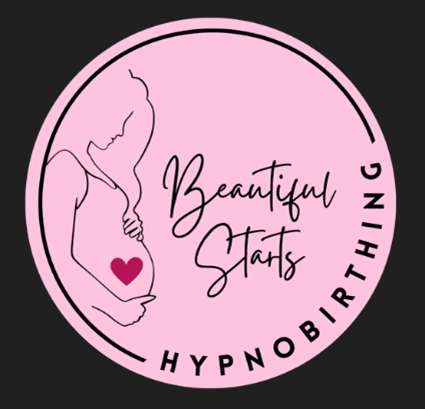Antenatal depression…what’s that?
Guest Blog by Victoria of Beautiful Starts Hypnobirthing


For some people however, it can be triggered by specific risk factors, such as exposure to abuse or violence, lack of social support, and personal or family history of mental disorders. Seeking social support, prioritizing health, and practicing stress management techniques complement professional interventions and can go a long way in supporting someone suffering from it.
Effective treatments for antenatal depression in these cases can include cognitive-behavioural therapy (CBT), talking therapies and medication (such as the antidepressant Sertraline). Studies highlight the need for early recognition and intervention to promote maternal mental health post-natally, and positive pregnancy outcomes, but that is easier said than done. Getting help can feel so incredibly difficult. If you are already feeling like a bad mum in your head, or if you are overwhelmed with anxiety, putting a spotlight on your perceived incompetence will likely make you feel worse.
A study into reasons why people don’t seek help more, found that trust-related issues concerning healthcare providers and treatment options were identified as significant barriers. Participants in the study expressed apprehensions about providers' abilities to address concerns about antenatal depression and foetal medication exposure, as well as fears about endangering parental rights. So basically, they were afraid they either wouldn’t be believed, that they would be deemed an unfit parent, or that they would be forced to medicate!
During my first pregnancy, when it hit me like a ton of bricks out of the blue, I was desperate to conceal it from everyone, afraid of judgement and full of shame. However, with baby 2, I had a better understanding that it was a hormonal response and that it would pass, so I called on all the support I had available and rode the wave. I was lucky it was so short-lived, although it felt never ending at the time!
Some studies have shown that when left untreated, and if it persists throughout the entire pregnancy, antenatal depression can be linked to poor birth outcomes, particularly preterm birth and low birth weight…So it’s always advisable to get help.
Admitting you are finding things tough, or aren’t enjoying every second, DOES NOT make you a bad mum. If someone you know is struggling with antenatal depression, encourage them to seek support, share this blog with them, and be there for them, as practically as you can. When I was in its full grip, I just wanted someone to come and clean my house, cook me food, and look after my child. Be that person for a friend who’s struggling.
Always speak to your doctor or midwife if you are worried about your own mental health, and know that you are not alone. Remember, you’re already a great mum, and your baby can’t hear your thoughts. I took great comfort in remembering that.
You can read some of the studies I have referenced HERE, HERE, HERE, HERE, HERE and HERE.
If you want to chat more about it, please feel free to get in touch, my inbox is always open.
Love Victoria x
Victoria is a Norwich based “3 step rewind” practitioner, helping people process difficult birth experiences, and a Hypnobirthing practitioner. You can find her at www.beautifulstarts.co.uk or email her victoria@beautifulstarts.co.uk

















